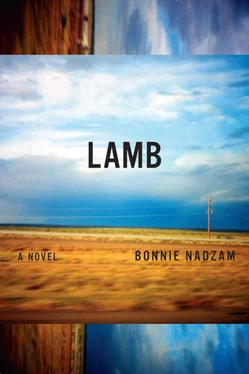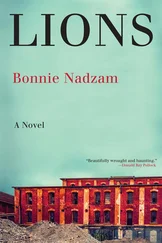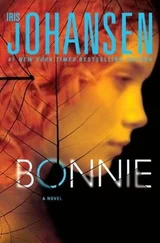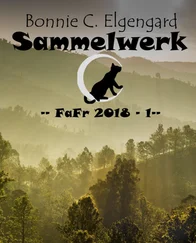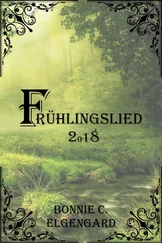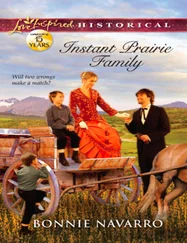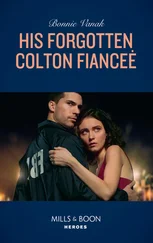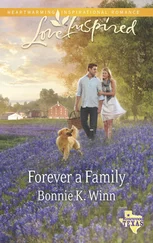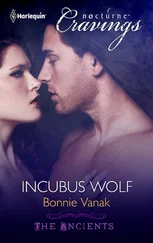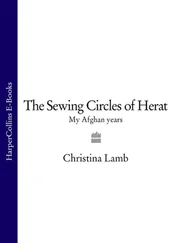“Yes.”
“If I come back for you, and you’ve been a hysterical mess, everyone will say I’m no good for you, won’t they?”
Nod.
“Good girl.”
He drove out onto Butterfield Road, and there were the tall rectangles of the girl’s triplet concrete apartment buildings off in the distance, less than a mile up the road, the ones they’d been picturing in all their conversations and dreams when they had been surrounded by trees and river and wind. Here they were, real and tall and solid and filled with sleeping people, the girl’s mother up there, and Jessie, half the window squares bright yellow, lit up like an unfinished game in the gloom.
“Couldn’t we? We go somewhere?” Her face ugly and red. “You could have. Coffee.”
He shook his head. “I’m sorry, baby. This is the last chapter. We knew it was coming. We have to be strong. When you get to have a love like this you have to be strong enough to bear it. A love like ours is expensive. Think of it that way. And we pay for it with the next empty string of days. I know you’re good for it. I’ve always known.”
She nodded and looked down at the backpack between her feet.
“You know what to do if they’ve moved, right?”
“Yes.”
“Tell me.”
“I tell the security guard I ran away in September but here I am and would he help me find my mother.”
“And you’ll be strong and beautiful. Say it.”
“I’ll be strong and beautiful.”
“And you won’t cry when you say it. You’ll be just perfectly self-possessed.”
“Yes.”
“You know I can’t stop,” he said when they were a block away.
“I know.”
He pointed, then regripped her hand. “I’m going to slow down right up there. Twelve seconds and you hop out and take your backpack and go.”
“Okay.”
“Okay. Ready?” It took less than ten seconds.
“Wait.”
“Here we are. I can’t kiss you here.”
She took the ball cap off her own head and pushed it toward him. “You should keep it.”
“Ready set go. Good-bye, Tommie.”
She opened the door and hopped out shaking in her fleece, impossibly bright in all the gray around her, and she dragged the backpack after her and it was over. She stood on the corner watching David Lamb steer back into his lane and through the yellow light. A moment later she started running after him in her boots, dragging her backpack crookedly behind her, alone on the wet sidewalk. A few cars passed without slowing. He couldn’t hear her, could only see her shrinking pale white face twisted in anguish and bobbing unevenly behind him in the rearview mirror.
I deeply thank Bryan Hurt, Alexis Landau, Katherine Karlin, Chris Hackman, Mawi Asgedom, Kirsten Bohlman Heine, Jeremy Chignell, and all of my teachers at the University of Southern California, and in Los Angeles, especially John D. Buksbazen, Karin, Emily Hodgson Anderson, Aimee Bender, Percival Everett, Leo Braudy, George Wilson, TC Boyle, Hilary Schor, and Brad Pasanek. Thanks to USC and The Colorado College for commitment to the arts, to Kate Johnson and Barbara Galletly and everyone at Georges Borchardt, and to Judith Gurewich. Perpetual thanks to Ronald Piro, James Langlas, Jim McDonnell, Dale Jamieson, and David Mason, extraordinary teachers of beauty.
Advance Praise for Bonnie Nadzam’s LAMB
• • •
“Nadzam has a crisp, fluid writing style, and her dialogue is reminiscent of Sam Shepard’s… [This is] storytelling as accomplished as it is unsettling.”
—Publishers Weekly
“ Lamb is a wonder of a novel. Bonnie Nadzam has offered an exploration of interpersonal and sexual manipulation and power that left me reeling. This is a novel about responsibility, complicity, blame, neglect, and finally love.”
—PERCIVAL EVERETT, author of
I Am Not Sidney Poitier and
Erasure
“Every sentence in Bonnie Nadzam’s Lamb teaches us about love, necessity, and the mysteries of the heart. I am haunted by her two protagonists, and by the journey they take together. This utterly compelling novel has launched a major new voice in American fiction.”
—DAVID MASON, author of
Ludlow
“Bonnie Nadzam’s debut is gripping, gorgeous, and utterly original. The disturbing story resists easy categorization, challenging what we think we know about childhood, adulthood, pain, beauty, and love. This book will jolt you awake.”
—ANNA NORTH, author of
America Pacifica
Copyright © 2011 Bonnie Nadzam
All rights reserved. No part of this publication may be reproduced or transmitted in any form or by any means, electronic or mechanical, including photocopying, recording, or by any information storage and retrieval system, without written permission from Other Press LLC, except in the case of brief quotations in reviews for inclusion in a magazine, newspaper, or broadcast. For information write to Other Press LLC,
2 Park Avenue, 24th Floor, New York, NY 10016.
Or visit our Web site: www.otherpress.com
The Library of Congress has cataloged the printed edition as follows:
Nadzam, Bonnie.
Lamb : a novel / Bonnie Nadzam.
p. cm.
eISBN: 978-1-59051-438-2
1. Middle-aged men—Fiction. 2. Divorced men—Fiction. 3. Teenage girls—Fiction. 4. Teenagers and adults—Fiction. 5. Self-actualization (Psychology)—Fiction. 6. Psychological fiction. I. Title.
PS3614.A39L36 2011
813′.6—dc22
2011013263
PUBLISHER’S NOTE: This is a work of fiction. Names, characters, places, and incidents either are the product of the author’s imagination or are used fictitiously, and any resemblance to actual persons, living or dead, events, or locales is entirely coincidental.
v3.1
